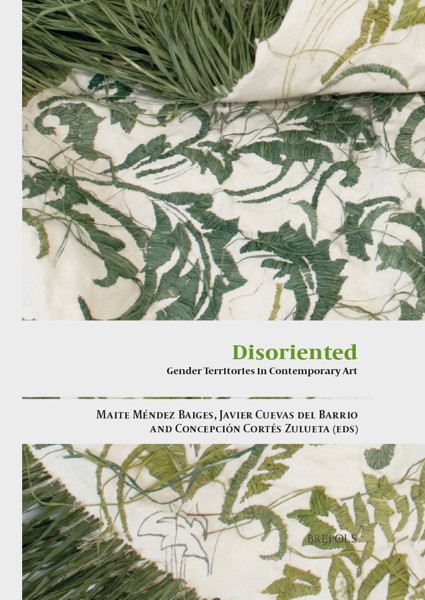
Medieval Mausoleums, Monuments, and Manuscripts
French Royal Women’s Patronage from the Twelfth to the Fourteenth Centuries
Christene d’Anca
- Pages: 200 p.
- Size:178 x 254 mm
- Illustrations:34 b/w
- Language(s):English
- Publication Year:2024
- € 95,00 EXCL. VAT RETAIL PRICE
- ISBN: 978-2-503-60696-5
- Hardback
- Available
- € 95,00 EXCL. VAT RETAIL PRICE
- ISBN: 978-2-503-60697-2
- E-book
- Available
This volume is an exploration of the artistic cultural legacy of some of the most renowned medieval royal women, demonstrating their dedication to remain relevant for all time.
"Während die kulturellen und künstlerischen Spuren des weiblichen Dynastenadels bereits des Öfteren zur Offenlegung politischer, memorialer und familiärer Strategien in der einschlä‐
gigen Forschung analysiert wurden, so besteht die Innovation in der Studie d’Ancas vor allem darin, diese Strategien über einen längeren Zeitraum, auf mehreren Ebenen und nicht nur am
Individuum zu verfolgen und in ihrer Entwicklung zu definieren." (Julia Hörmann-Thurn und Taxis, in Mitteilungen des Instituts für Österreichchische Geschichtsforschung, 133/2, 2025, p. 481)
"D’Anca also faces the formidable challenge of demonstrating convincingly the often very subtle ways that medieval French queens practised their power. To do so across so many disparate arenas of activity in one study would test any historian. (...) D’Anca’s study points to new avenues of exploration, including closer study of the ways France’s medieval queens looked to each other for guidance and inspiration." (Kelcey Wilson-Lee, in Church Monuments, 39, 2025, p. 137)
Christene d'Anca is a lecturer at California Lutheran University, as well as at her alma mater, the University of California, Santa Barbara, where she obtained her PhD in Comparative Literature with an emphasis in Medieval Studies.
Medieval Mausoleums, Monuments, and Manuscripts: Royal Women’s Patronage from the Twelfth to the Fourteenth Centuries explores the manuscripts, monuments, and other memorabilia associated with the artistic patronage of Eleanor of Aquitaine (1122-1204), her daughters, Marie de Champagne (1145-98) and Matilda of Saxony (1156-98), as well as works generated by three queens of France, Marie de Brabant (1254-1322), Jeanne d’Évreux (1310-71), and Blanche de Navarre (1330-98). Through this study the shift in women’s artistic patronage over the centuries may be brought to light, as well as its evolution, evincing how each generation built upon the previous one.
Further, despite the assorted shapes these women’s efforts embodied, ranging from manuscripts to stained glass windows, from funerary plaques, paintings, jewels and linens to monuments, mausoleums and endowments of institutions, including a variety of other forms, these women were notably unified in that their greatest output tellingly occurred during precarious points in their lives that threatened their positions, such as the potential political turmoil associated with the deaths of husbands or children. At these times their participation in acts of patronage solidified their places at court, in society, and within cultural memory while doubling as assertions of their political power and lineage. Thus, testaments, manuscript books, monuments, and memorials were not only a declaration or signs of one’s possessions, but also sites and documents that continued the politicking of the deceased.
Chapter 1: Introduction
Chapter 2: Eleanor and Her Daughters: Patronage and Power
Chapter 3: Marie de Brabant, Stepping into the Role of Queen: A Life-Long Journey of Patronage Surrounding Death
Chapter 4: The End of the Capetian Dynasty Commemorated Through Monuments, Memorials and Manuscripts: The Patronage of Jeanne d’Évreux
Chapter 5: The Currency of Queens: Reading Blanche de Navarre’s Testament as Funerary Art
Chapter 6: Conclusion
Bibliography
Index


